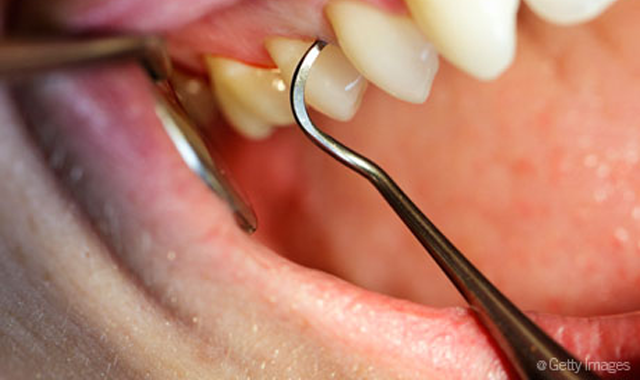When should you add more hygiene time?
When it comes to growing your hygiene revenue, there is one common theme many practices miss asking themselves: “Do we need to add more hygiene time?”

When it comes to growing your hygiene revenue, there is one common theme many practices miss asking themselves: “Do we need to add more hygiene time?”
Week after week, we have doctors contacting us asking how they can grow their hygiene revenue. They feel stuck, as the productivity of their hygiene team is stagnant.
Increasing the productivity of your hygiene team is always something that should be considered, all within the confines of comprehensive patient care. Often many offices are not looking at the patient demand in their practice. In other words, how accessible is the hygiene schedule in the practice. Are your hygiene schedules full and booked out for weeks and weeks on end?
Related reading: 7 traps that are destroying your hygiene schedule
If you are looking to increase your hygiene revenue and grow your practice, you may need to consider adding more hygiene time. But, when should you do this? Here are some questions you should consider:
- What is your current hygiene open time? Look at your hygiene schedules from the past three months. Calculate your total hygiene hours available, and then how many hours were not filled.
- Are new patients being seen in the hygiene chair first? If so, how soon can a new patient get into your practice for an appointment?
- Are new patients being seen in the doctor chair first? If so, how soon can a new patient get into hygiene following their exam with the doctor?
- If you were to treatment plan a patient for scaling/root planning, what is your next available appointment for them to have the treatment completed?
- If a recall patient were to call in for a hygiene appointment, how soon could you get them into your hygiene schedule?
Most practices fear adding more hygiene days believing they may dilute their current hygiene schedule with the same amount of patients stretched over more days. Yet, if you wait too long to size your hygiene schedules you may risk losing patients. Patients feed the growth of the practice, and we want to be sure we are providing access to them. Therefore, timing is everything.
Trending article: The most innovative, unique way to grow your practice
Here is a simple rule of thumb that we work by with our clients:
If your hygiene schedules are booked out more than two to three weeks for new patients, scaling/root planing and recall, then you need to add more hygiene time. This does not mean adding a full-time hygienist to your team. Instead, we recommend stepping into the added hours.
Consider asking someone on your team to expand their hours. This will eliminate the need to recruit in a new RDH.
How Dentists Can Help Patients Navigate Unforeseen Dental Care
December 12th 2024Practices must equip patients with treatment information and discuss potential financing options before unexpected dental treatments become too big of an obstacle and to help them avoid the risk of more costly and invasive procedures in the future.
Floss and Flip Flops Episode 13: The Focal Point of Infection
January 10th 2023The Sanders Sisters jump into 2023 with a discussion of the many conditions that display some of their earliest symptoms in the oral environment, and all the ways this can connect to systemic issues that can become serious health challenges for patients.